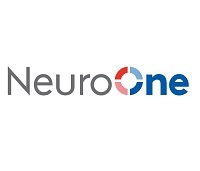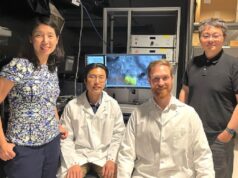 NeuroOne Medical Technologies has announced that it successfully completed initial preclinical, long-term testing of recording capabilities on its thin-film platform electrode technology.
NeuroOne Medical Technologies has announced that it successfully completed initial preclinical, long-term testing of recording capabilities on its thin-film platform electrode technology.
In test procedures, the electrodes’ ability to record electrical activity over five years was measured using an accelerated ageing test model, and the results demonstrated their reliability against environmental factors that may contribute to device failure or malfunction—which is a well-established challenge with thin-film electrode technology, according to a NeuroOne press release.
Dave Rosa, CEO of NeuroOne, said: “We are excited with the results of our initial long-term testing of recording capabilities for our thin-film electrode technology. These results support the potential expansion of utilisation of these electrodes for long-term recording for indications such as epilepsy, Parkinson’s disease, chronic back pain due to failed back surgeries, and other related neurological disorders as well as research applications.
“We also believe that in the near term it may provide an opportunity to enter the research market as well as offering the potential for strategic licensing agreements in certain markets.”
The tests in question were accelerated soak tests, according to the release. These tests are widely used in the field of neurotechnology and allowed for comparison between NeuroOne’s electrodes, and other approaches in academic and industry settings.
The company is also advancing a pipeline of therapeutic electrode technologies for brain tissue ablation, chronic stimulation usage for deep brain stimulation (DBS) and spinal cord stimulation (SCS) for chronic back pain.












